Jun 15, 2010
Mr. Hekmat Karzai, Director at the Centre for Conflict and Peace Studies attended a conference on the ‘The Role of Entrepreneurship in Developing Markets’ organized by Babson Middle East Alumni Club in conjunction with Babson College. The conference was held in the United Arab Emirates on 24th April, 2010. Mr. Karzai presented his views on the role of entrepreneurship in Afghanistan by evaluating three core areas; an assessment of the situation in Afghanistan and the potential opportunities that it offers as a case study for entrepreneurship; an assessment of the various approaches the international community has adopted thus far; and lastly, the role of entrepreneurship in the Afghan context and what could be achieved.
Mr. Karzai began his speech by explaining how Afghanistan became a battleground for global conflict in the last three decades starting from the Russian invasion to the emergence of Al-Qaeda.
He elaborated on Afghanistan’s strategic location, which astute observers view as an asset and liability. Asset — because it has been at the crossroads for trade and culture in Asia throughout history in the form of a bridge connecting different regions to one another: South Asia to Central Asia; South Asia to the Middle East. Liability — because every key conqueror has tried to leave their footprint in the region.
Mr. Karzai went on to evaluate the current status of the conflict in Afghanistan, its rich natural deposits, principal markets and trading partners. He exclaimed that Afghanistan traditionally had been an Agricultural-society and in the 60’s, a large segment of the population were involved in some form of agriculture or another. Thus, entrepreneurship in different sectors was common amongst the population, and Afghans were known for being savvy businessmen. As a result, Afghans sold their products all over the region until the Soviet invasion which thwarted the country into a constant cycle of violence.
Mr. Karzai highlighted three key economies that have emerged in Afghanistan in response to the constant cycles of instability that have inundated the country, and they are as follows;
- The War Economy
- Buying of weapons, establishing weapons markets and particularly the security sector has became quite profitable
- The Drug Economy
- Afghanistan produces 90% of the world’s supply of heroin and the drug economy comprises around 50% of the afghan economy
- The Aid Economy
- a.The West provided aid to Afghanistan but that transition phase from aid to development did not occur. People have almost become dependent on aid. Today, asserted Mr. Karzia, the aid community competes for the same resources and capacity as the State.
- b.Since the aid community pays better, and has greater resources, much of the talent is cultivated there.
The second half of Mr. Karzai’s speech evaluated the Post-911 timeframe in Afghanistan. In this phase, Mr. Karzai explained the international community’s ‘lead nation’ approach which saw each donor country take part in the development of a particular sector, as an incorrect approach from the beginning stages.
The US took responsibility of the Army; the British were in charge of the Counter-narcotics efforts; the Japanese handled the DDR; The Germans were given the police training and the Italians took the Justice Sector.
There were two main flaws in this approach, explained Mr. Karzai; first, no one realized that the lead nation should have been Afghanistan itself – develop local capacity to deliver and the ability to stand on its own feet. Second, no one focused on building the local economy, especially providing opportunities for Afghan entrepreneurs. Eight years later, there is now a serious focus on ‘Afghanizing’ the process.
Rather than focusing on entrepreneurship and development, the focus from the beginning was wrongly on military solutions.
The third segment of Mr. Karzai’s speech discussed the potential for entrepreneurship in the current environment in Afghanistan. Mr. Karzai stated that while the role of entrepreneurship can be analyzed in many complex manners including the Global Entrepreneurship Monitor (GEM), to Afghans entrepreneurship, at its basics, meant the creation of businesses and jobs. And this can make a difference in all areas including security and governance while more importantly, it can offer people options they did not have before.
Nevertheless there are challenges for enhancing the role of entrepreneurship in Afghanistan such as:
1)Lack of series credit to investors (with minimum support from IFC and OPIC)
2)Lack of access to markets
3)Lack of talent and education facilities (Babson should work with one of the new universities, American University of Afghanistan?)
4)Corruption in certain departments
5)Culture of dependency (aid going in the wrong area without transition to economic development)
These challenges can be overcome by engaging in a series of proactive programs such as; encouraging foreign investment, have the international community encourage entrepreneurship rather than military investments, follow the US model of creating a small business administration that will encourage entrepreneurship, large corporations must regain their entrepreneurship spirit and invest in the Afghan people by partnering with Afghan companies, institutions of higher education should plant the entrepreneurship seeds and invest in Afghan talent, and lastly provide Afghan entrepreneurs access to markets.
In conclusion,Mr. Karzai denoted Afghanistan’s strategic vision as restoring its historic role as a land-bridge between the various regions through increased trade and transit of goods, services and people. He emphasized that this was the only way to end the cycle of violence in Afghanistan.
To implement this goal, he suggested the need to nurture the entrepreneurship spirit of Afghans and to become partners with them. Therefore, using Afghanistan as a case study, entrepreneurship has played a critical role in the nation’s history and will continue to do so in the future for the benefit of not only the businessman but society as a whole.
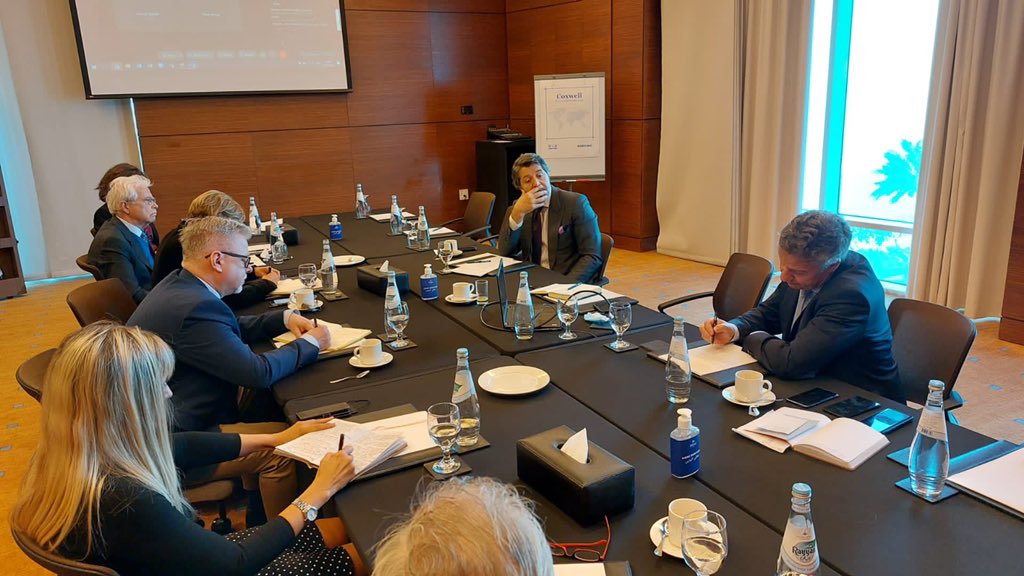
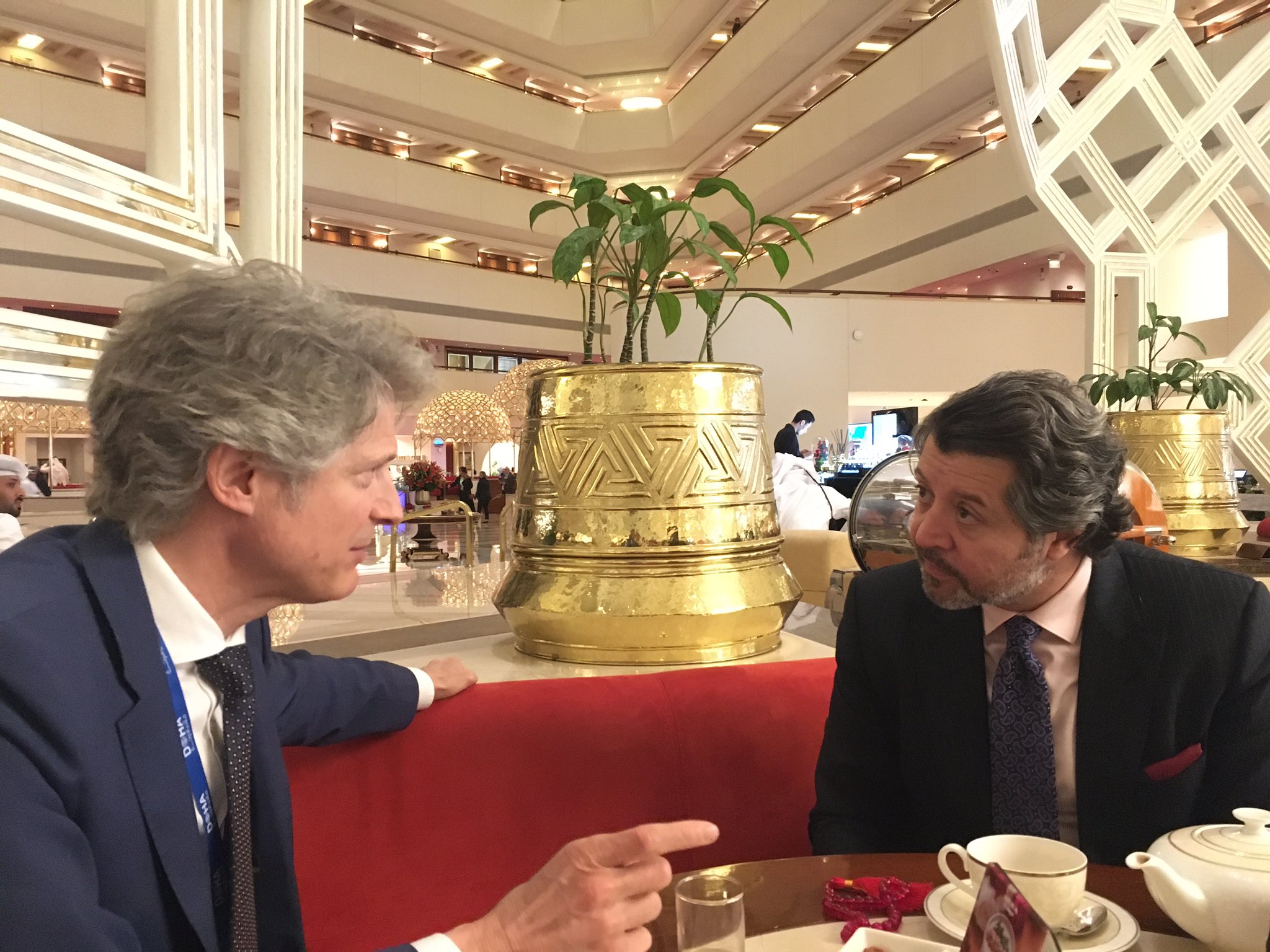

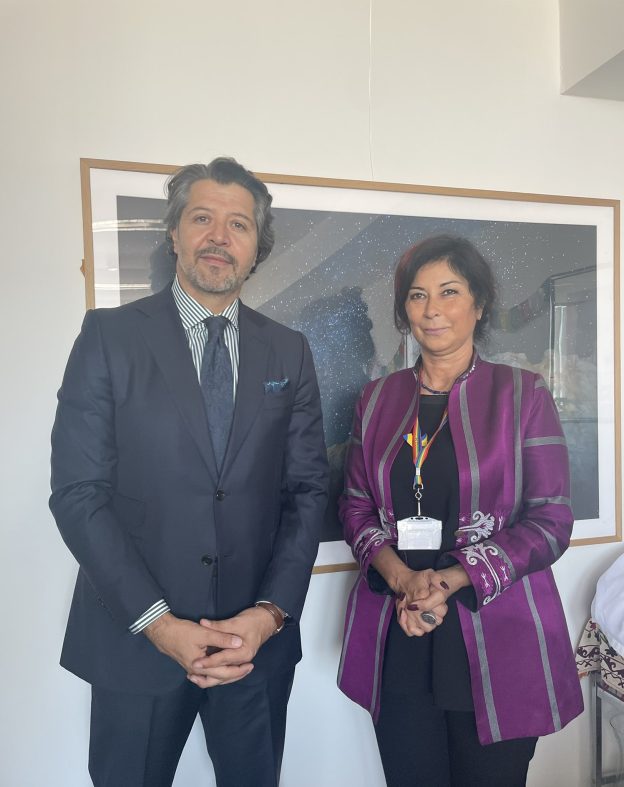
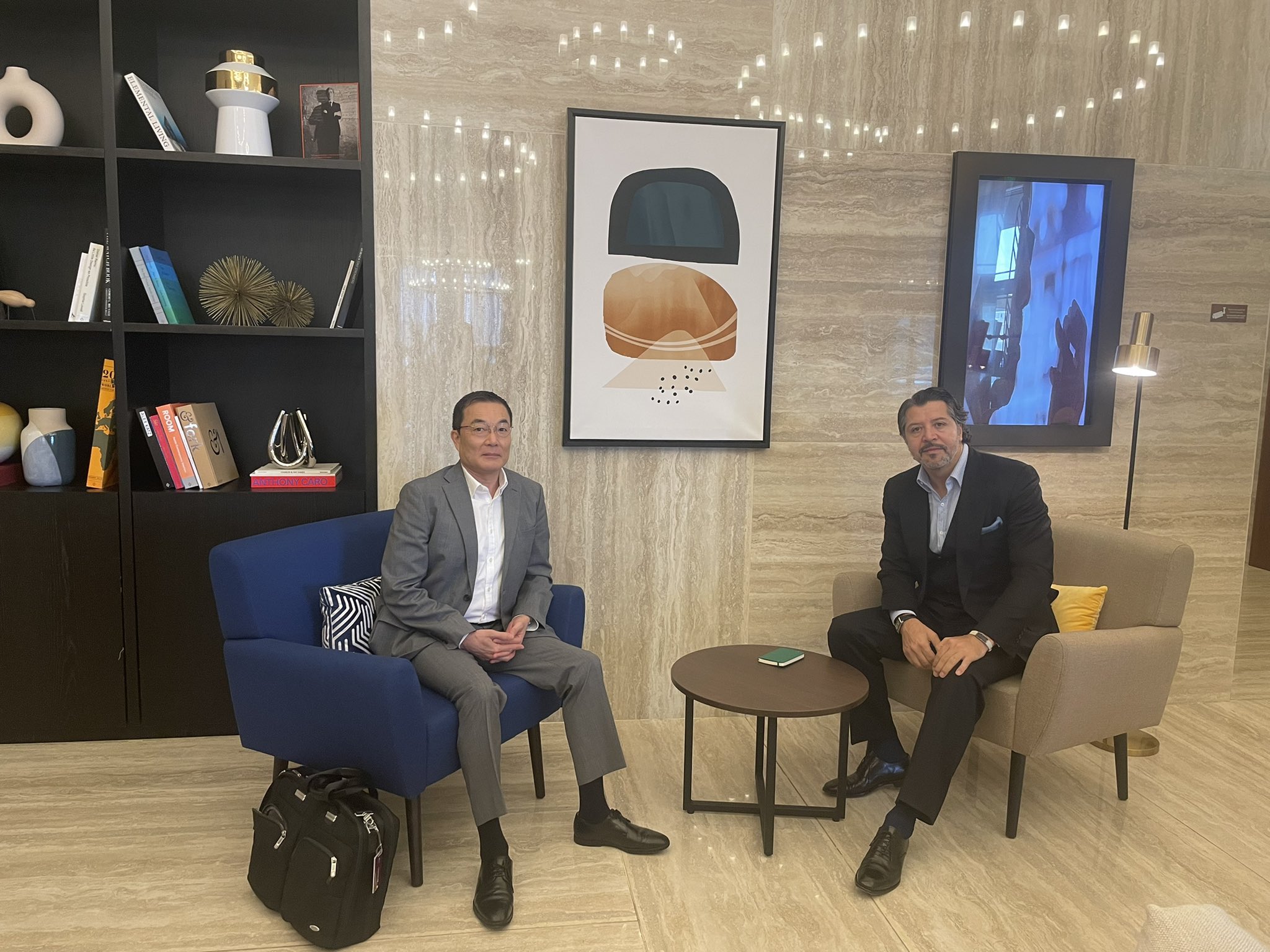
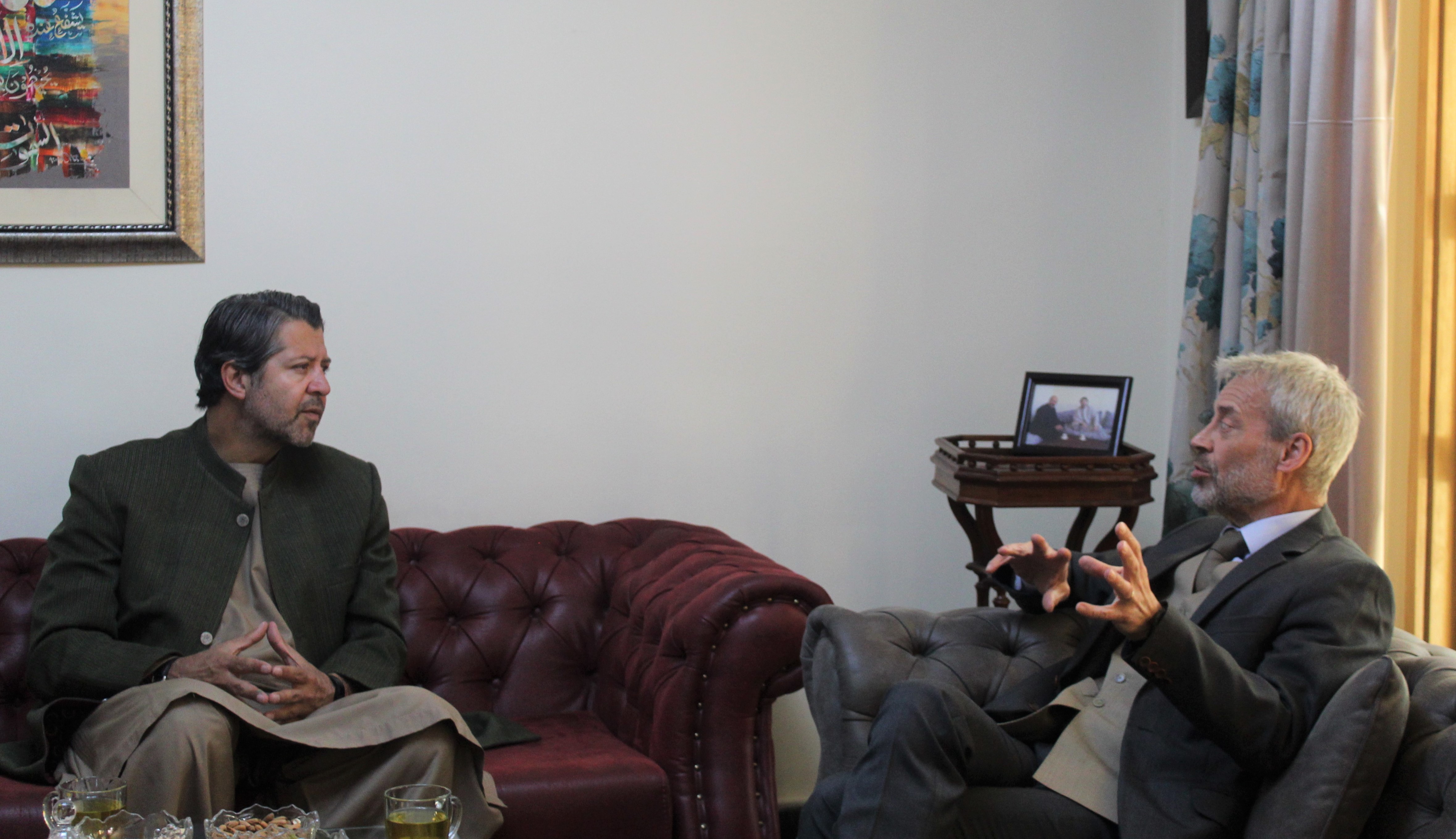
Leave A Comment